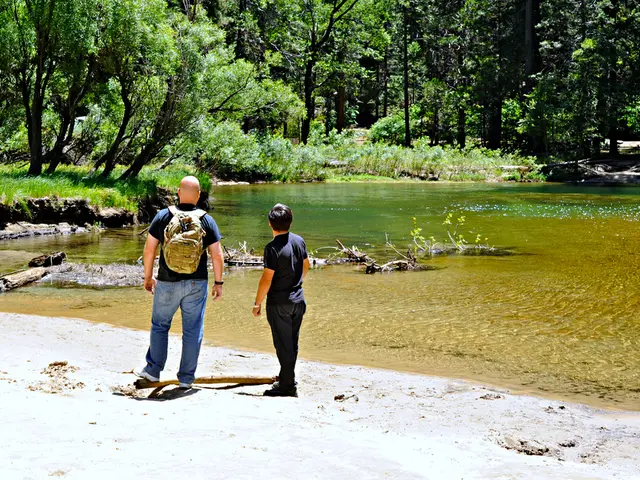Three Types of Interviews a Manager Should Prepare For!
Job interviews come in various forms, each tailored to suit specific scenarios. Here's a breakdown of the three primary types of interviews you might encounter: employment, exit, and investigative.
Employment Interviews
Employment interviews are designed to assess a candidate's qualifications, motivation, and cultural fit. They can take several forms, including one-on-one, panel, distance (phone or video), behavioral, group, structured, unstructured, screening, and competency-based.
- One-on-one interviews are traditional, typically with a hiring manager, focusing on background, skills, and situational responses.
- Panel interviews involve multiple interviewers from diverse roles, asking targeted questions to evaluate a candidate's ability to communicate effectively with various team members.
- Distance interviews, such as phone or video calls, are often used for initial screening or pre-selection processes.
- Behavioral and competency-based interviews focus on past behaviour and skills to predict job performance.
- Group interviews involve multiple candidates being interviewed simultaneously, assessing their dynamics and teamwork skills.
Exit Interviews
Exit interviews are meetings with employees before they depart from the company. They are used to show respect, offer feedback, and resolve formalities. The style should be semi-structured, encouraging openness while guiding the conversation to gather honest feedback about the work environment and potential improvements.
Investigative Interviews
Investigative interviews are structured, directive, and formal. They are conducted to uncover facts and clarify inconsistencies in specific situations. The interviewer maintains control over questioning to avoid bias or confusion, and questions are typically precise. Ethics and neutrality are critical to ensure the interview does not appear accusatory but fact-finding.
In each type of interview, it's essential to maintain a tailored approach to questioning and interaction style suited to its purpose. Formal processes and records should be kept of communication between those involved in the investigation. The employee should have an opportunity to prepare for the interview and have another person present for support, such as a union representative.
Managers should act professionally throughout the investigation process, seeking guidance from HR if it is available. All details of an investigation should be regarded as confidential, and the manager should remember to remain objective and fair during the investigation.
It's also worth noting that other types of job interviews include panel interviews, group interviews, full-day interviews, task-related interviews, and video/phone interviews. The traditional job interview for a new position is a one-hour question and answer process between the potential manager, candidate, and a member of HR. Exit interviews should be kept professional and follow the company guidelines, but they should also create a relaxed and positive atmosphere for the employee to give honest feedback.
- In the realm of business, careers often require individuals to face employment interviews, which assess qualifications, motivation, and cultural fit, encompassing various techniques such as one-on-one, panel, distance (phone or video), behavioral, group, structured, unstructured, screening, and competency-based.
- During the course of a career, it may be necessary for an employee to participate in an exit interview, a semi-structured meeting aimed at showing respect, offering feedback, and resolving formalities, while fostering an atmosphere of openness and honesty regarding aspects of the work environment and potential improvements.




